In 2021 CNIS’s digital expertise was recognized when it became a WHO corporate supplier for the Product Design & Impact (PDI) Unit. We have been consulted on obstetrical and surgical guidelines in Uganda and Nigeria and have digitized 3 WHO Guidelines on Injury and Violence, Hospital, Community, and Fatal Injury Surveillance for global utilization.
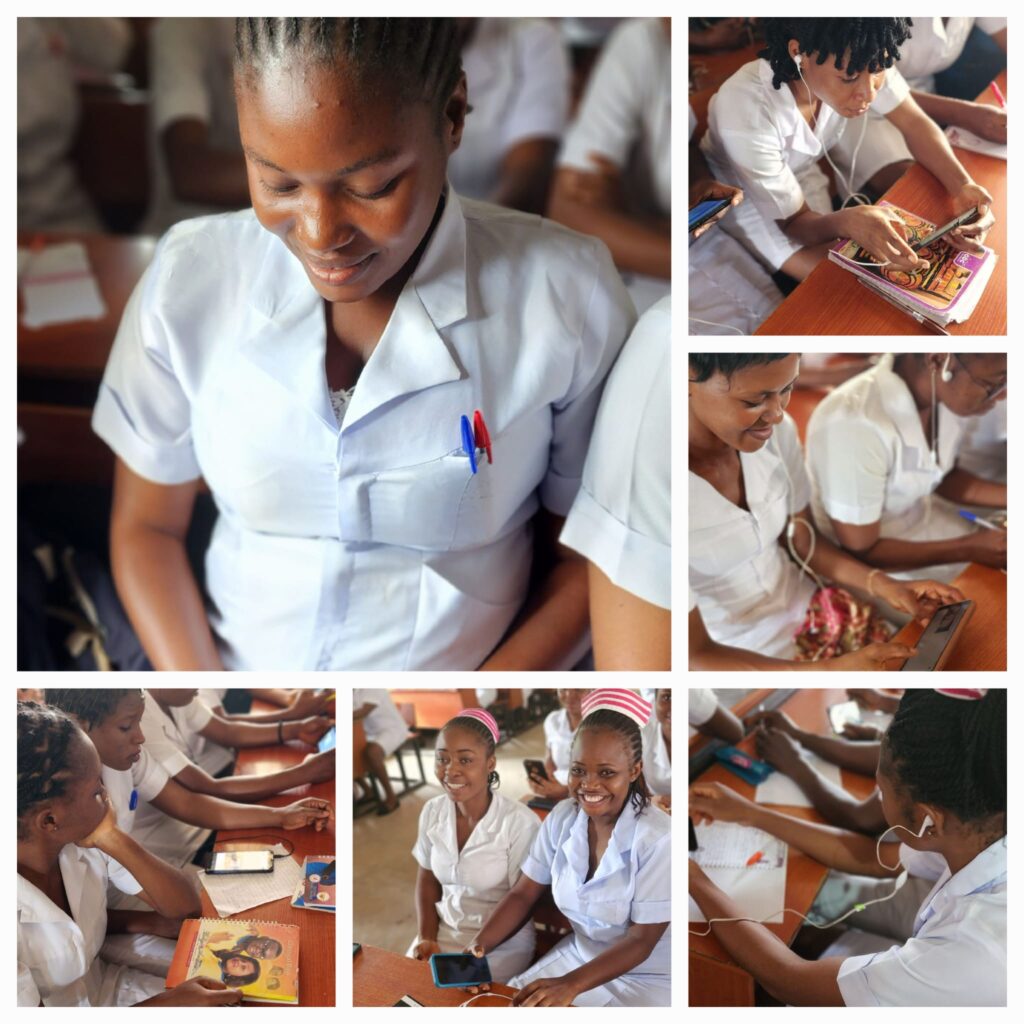
Digitization of our structured clinical courses, which started in 2015, prepared CNIS for remote teaching in South Sudan and Tanzania during the pandemic with UNFPA & Rotary Global Grant support, and positioned us for the post-pandemic demand to bring skills training to scale. Currently our digitized courses include structured obstetrics, midwifery, trauma, and community clinical training programs, which are taught with hybrid digital/hands-on methods that require fewer facilitators. Human resource capacity required to scale up and implement programs is recruited from the many skilled African and Caribbean professionals in places where CNIS collaborates.
To support digital projects within the lens of Canada’s Feminist policy in international development, we received GAC funding through Grand Challenges Canada (GCC). We tested the concept that the Community Maternal Danger Score app would reduce maternal mortality in Nigeria. With GAC funds provided by the Fund for Innovation and Transformation (FIT) we proved the effectiveness and efficiency of digital teaching of midwifery with rigorous scientific methods and this was expanded to include a module on respectful maternal care.
We continue to digitize and test courses. In 2022 we digitized Trauma Team Training (TTT) with funding from the Global Surgery Foundation of Geneva and in 2023 the Traumatic Brain & Spine injury course is being digitized with support from the Intuitive Foundation (USA).
With our digitized curriculum we can strengthen health systems and promote human resources at scale, and we have the experience and expertise to improve resiliency through health system digitization.
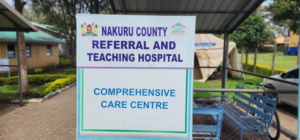 With the support of the Royal College of Physicians and Surgeons, the TTT course was digitized and made accessible to learners on mobile phone apps. Under the auspices of the Ministry of Health of Kenya and with 3-year support from the Royal College of
With the support of the Royal College of Physicians and Surgeons, the TTT course was digitized and made accessible to learners on mobile phone apps. Under the auspices of the Ministry of Health of Kenya and with 3-year support from the Royal College of
Physicians and Surgeons of Canada, the second year of this hybrid digital program was implemented, with 250 health professionals in twenty-four teams from 6 counties completing the course. Dr’s Gladwell, Kisaka and Mutiso from the MOH together with Dr’s Lett and Eamer as well as several other Kenyan instructors implemented the course. The third and final year of the program starts in April 2024.
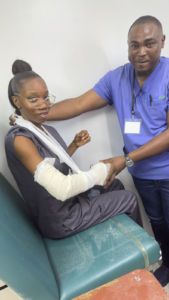 With the support of the Canada Fund for Local Initiatives based at the Canadian High Commission in Georgetown, CNIS Trauma Team Training, an active pre-pandemic program, was reintroduced in its digital format. The program is led in Guyana by Dr. Tracey Bovell, one of the 4 CNIS international board members, with the support of Dr. Alexandra Harvey. In September, Dr. Ronald Lett and Dr. Sam Bugis conducted a 2-day instructor course and a 2-day TTT provider’s course. Dr. Bovell and her team will complete 3 more TTT courses independently..
With the support of the Canada Fund for Local Initiatives based at the Canadian High Commission in Georgetown, CNIS Trauma Team Training, an active pre-pandemic program, was reintroduced in its digital format. The program is led in Guyana by Dr. Tracey Bovell, one of the 4 CNIS international board members, with the support of Dr. Alexandra Harvey. In September, Dr. Ronald Lett and Dr. Sam Bugis conducted a 2-day instructor course and a 2-day TTT provider’s course. Dr. Bovell and her team will complete 3 more TTT courses independently..
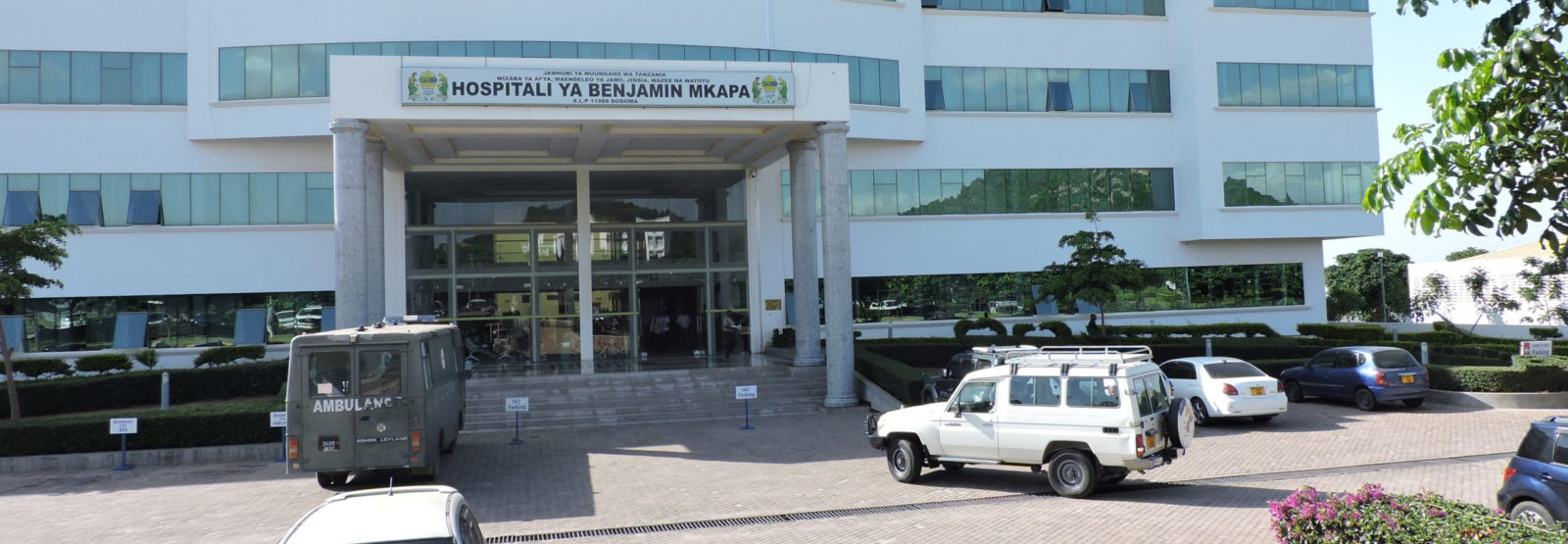
With the support of a Rotary Global Grant, CNIS commenced a new project to promote obstetrical and surgical skills training in Tanzania, this time in the capital city of Dodomo. This project involves the White Rock BC and Tanga Tanzania Rotary clubs and funding from the Benjamin Makapa Regional Referral Center. A skills lab is under construction. Rotary will provide instruments and mannikins and furnish the lab. The lab renovation is funded by the Tanzanian hospital directed by Dr Alphonce Chandika. In 2024, teams from CNIS are scheduled to teach Essential Surgical Skills, Structured Operative Obstetrics, Fundamental Interventions Referral and Safe Transfer for Midwives and Trauma Teams Training.
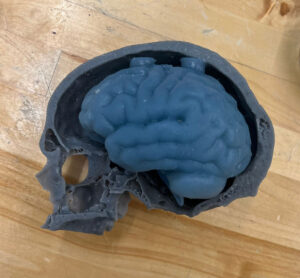
CNIS is currently digitizing the 4th of its programs using the previous methodology of placing the courses on a
Learning Management System and then on a mobile phone app. This project is being supported by the Initiative Foundation based in Silicon Valley in the United States. After digitization, we will conduct a randomized controlled TBSi trial using the CNIS hybrid teaching model and the SELF-model of instruction. This trial will be conducted in 10 regional centers in Ethiopia.
Dr. Laeke is the neurosurgical lead on this project. Just recently the Bondi foundation has agreed to fund implementation of TBSI in Tanzania.
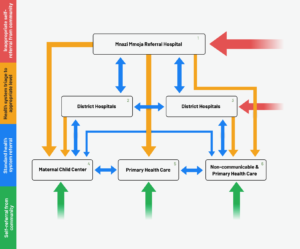
CNIS is currently digitizing the 4th of its programs using the previous methodology of placing the courses on a
Learning Management System and then on a mobile phone app. This project is being supported by the Initiative Foundation based in Silicon Valley in the United States. After digitization, we will conduct a randomized controlled TBSi trial using the CNIS hybrid teaching model and the SELF-model of instruction. This trial will be conducted in 10 regional centers in Ethiopia.
Dr. Laeke is the neurosurgical lead on this project. Just recently the Bondi foundation has agreed to fund implementation of TBSI in Tanzania.
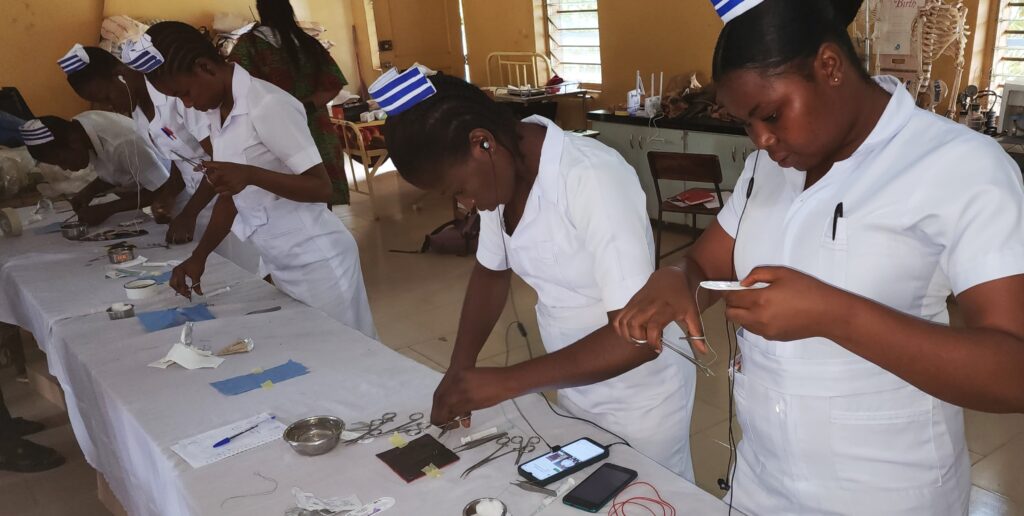
CNIS conducted a knowledge-sharing project where what we had learned through the digitization of FIRST for Midwives was handed over to the two midwifery schools in Benue State and six other schools is the North Central Zone of Nigeria. CNIS hopes to obtain funding to provide all the schools with a cost-effective training kit: “Midwifery in a Box.”
Canadian Network For International Surgery
Suite #212 – 1650 Duranleau Street
Vancouver BC Canada V6H 3S4